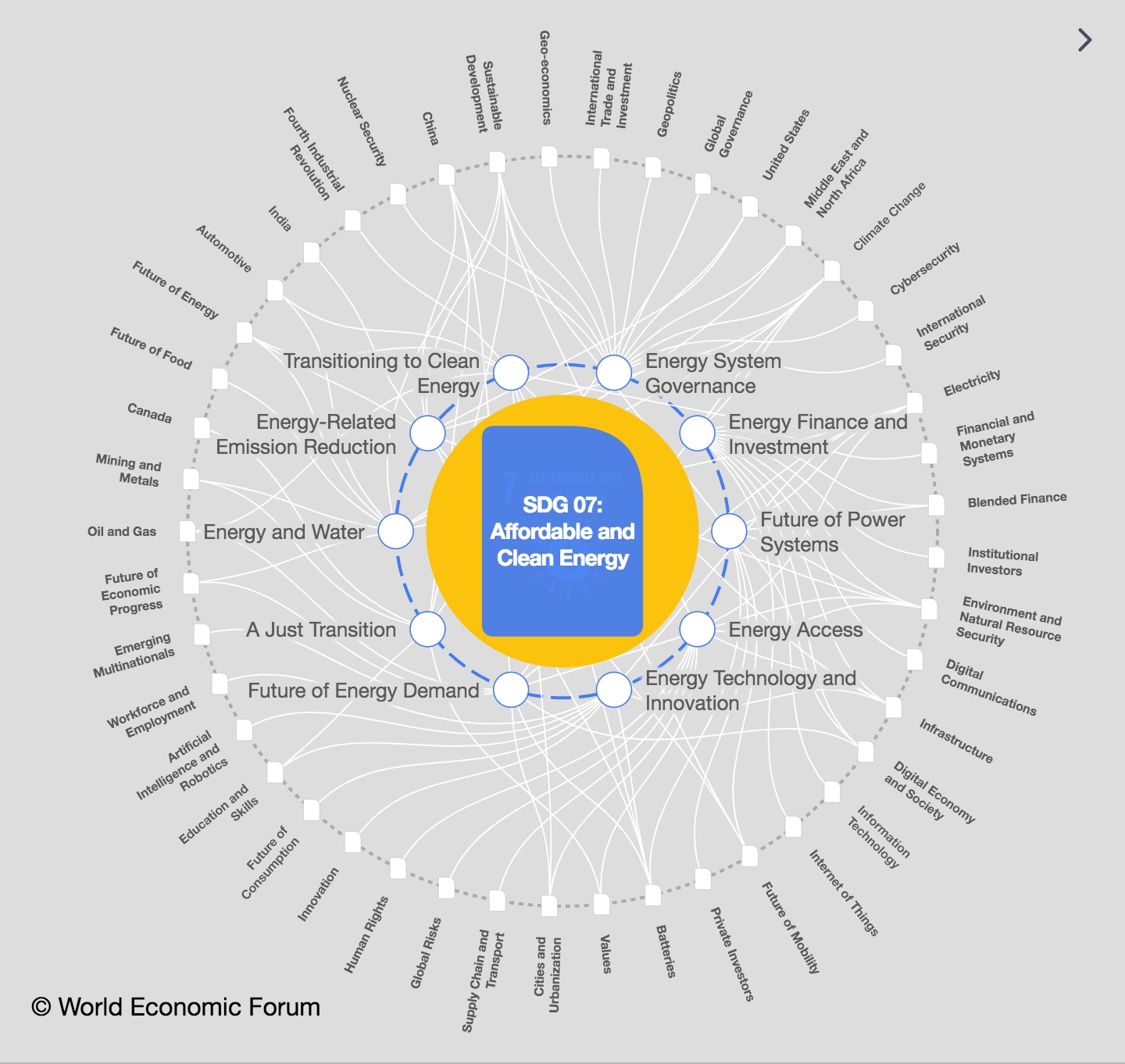The world needs a grand coalition to tackle climate change

An 'urgent mission'. Image: REUTERS/Siphiwe Sibeko
This article first appeared on LinkedIn.
More than 40 years after the International Energy Agency published the first edition of the World Energy Outlook, the report’s overarching aim remains the same – to deepen our understanding of the future of energy. It does so by examining the opportunities and risks that lie ahead, and the consequences of different courses of action or inaction. The WEO analyses the choices that will shape our energy use, our environment and our wellbeing. It is not, and has never been, a forecast of where the energy world will end up.
This year brings many changes. I would like to highlight two in particular. First, we have renamed the New Policies Scenario as the Stated Policies Scenario, making more explicit the intention to “hold up a mirror” to the plans and ambitions announced by policy makers without trying to anticipate how these plans might change in future.
Second, the Sustainable Development Scenario – which provides a strategic pathway to meet global climate, air quality and energy access goals in full – has been extended to 2050 and set out in greater detail. This delivers sharper insights into what is required for the world to move in this direction.

What comes through with crystal clarity in this year's Outlook is that there are no simple solutions to transform the world of energy. Multiple technologies and fuels have a part to play across all sectors of the economy. For this to happen, we need strong leadership from policy makers, as governments hold the clearest responsibility to act and have the greatest scope to shape the future.
It is also clear to me that the world urgently needs to put a laser-like focus on bringing down global emissions. This calls for a grand coalition encompassing governments, investors, companies and everyone else who is committed to tackling climate change. The Sustainable Development Scenario is tailor-made to help guide the members of such a coalition in their efforts to address the massive climate challenge that faces us all.
The IEA is already acting on the insights contained in the Outlook. For instance, our analysis shows that the pace of energy efficiency improvements is slowing, but the potential for efficiency improvements to help the world meet its sustainable energy goals is massive. This has led us to set up a high-level Global Commission for Urgent Action on Energy Efficiency to recommend how progress can be rapidly accelerated through new and stronger policy action. (We are seeking your input on this subject in our online survey.)
This year’s Outlook underscores the crucial importance of Africa to the future of energy, and of energy to the future of Africa. In June 2019, the IEA and the African Union Commission co-hosted a first joint Ministerial Summit in Addis Ababa, bringing together high-level government representatives and other stakeholders to advance a positive, collaborative agenda for IEA engagement.
We are also acutely aware that while the ongoing transformation of the electricity sector is full of promise, it also has implications for the stability and reliability of power grids around the world. In response, we have introduced new initiatives, including co-organising with the German Federal Ministry for Economic Affairs and Energy the first Global Ministerial Conference on System Integration of Renewables in Berlin in October 2019 and undertaking a major new report on electricity security.
Another important issue is that global emissions of methane, a potent greenhouse gas, are rising alongside CO2. This is why we recently launched a new online methane tracker to monitor the problem and identify ways to tackle it.
These are just four examples of how the World Energy Outlook provides strategic guidance to the energy community and results in real-world initiatives and solutions. The goal of this year’s Outlook, once again, is to provide energy decision makers with the data and objective analysis that they need to pursue a more secure and sustainable future.
Today, this mission is more urgent than ever.
You can read more about the World Energy Outlook 2019 here and the launch press conference is available below:
Don't miss any update on this topic
Create a free account and access your personalized content collection with our latest publications and analyses.
License and Republishing
World Economic Forum articles may be republished in accordance with the Creative Commons Attribution-NonCommercial-NoDerivatives 4.0 International Public License, and in accordance with our Terms of Use.
The views expressed in this article are those of the author alone and not the World Economic Forum.
Stay up to date:
SDG 07: Affordable and Clean Energy
Related topics:
Forum Stories newsletter
Bringing you weekly curated insights and analysis on the global issues that matter.
More on Energy TransitionSee all
Roberto Bocca
November 17, 2025






